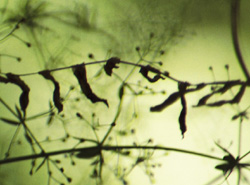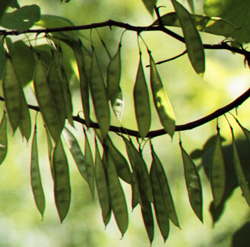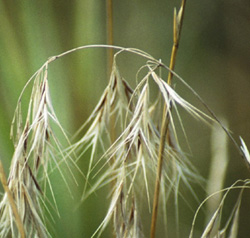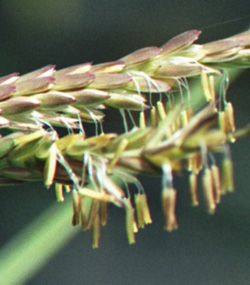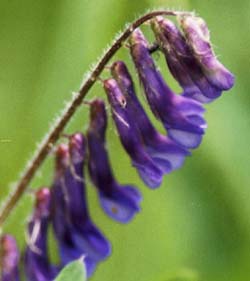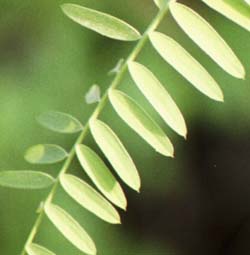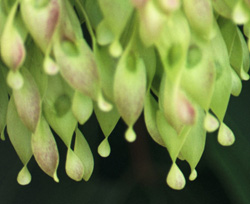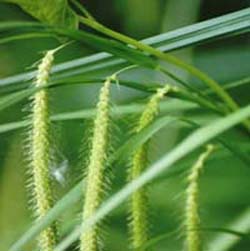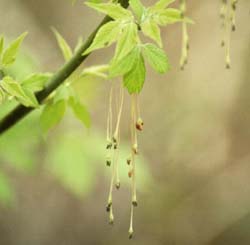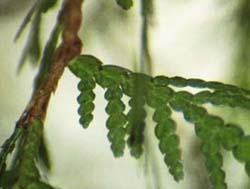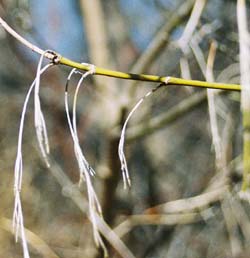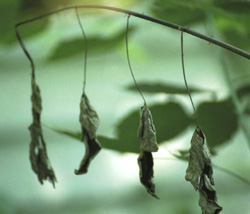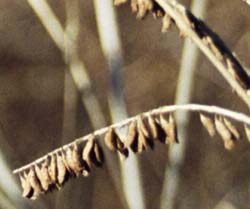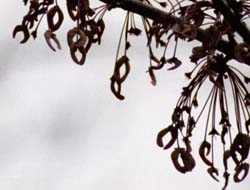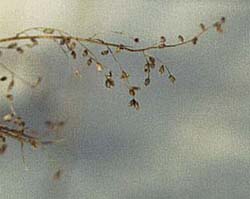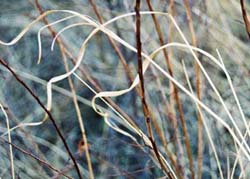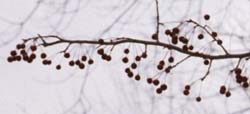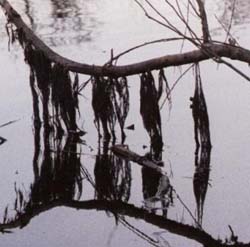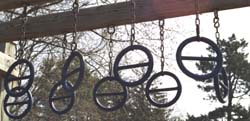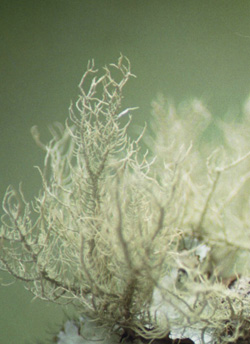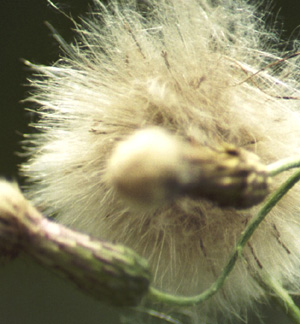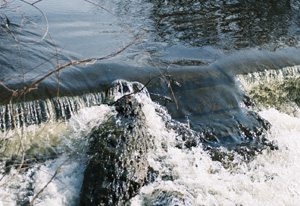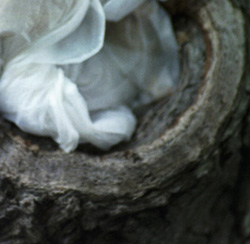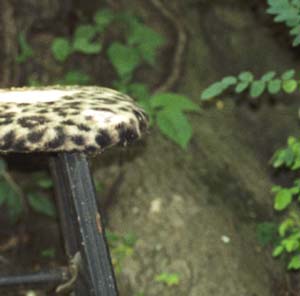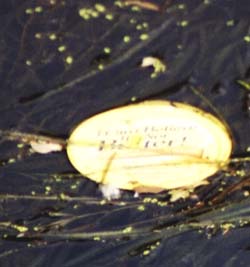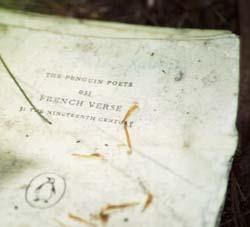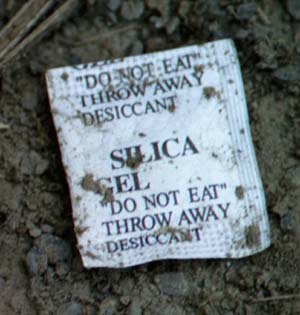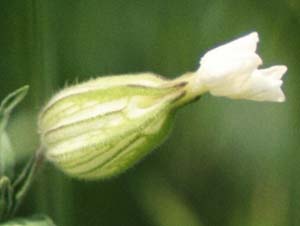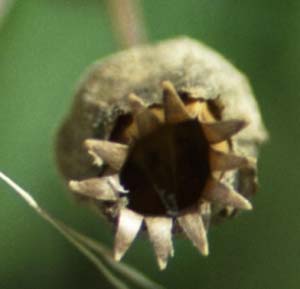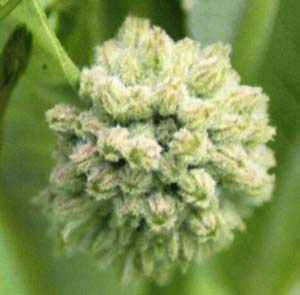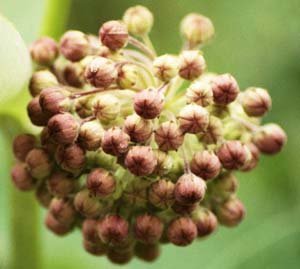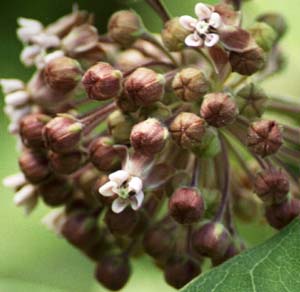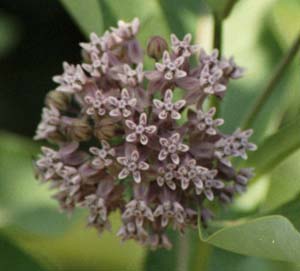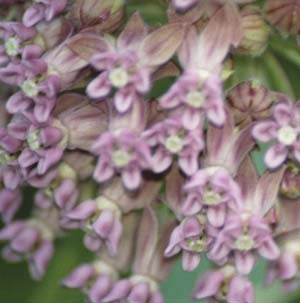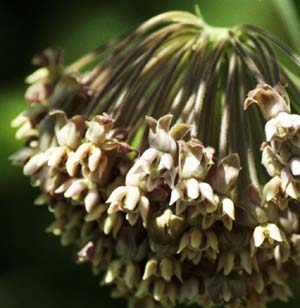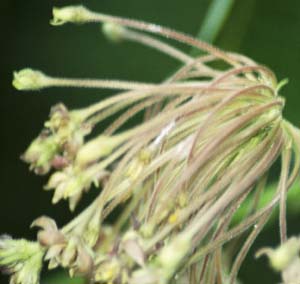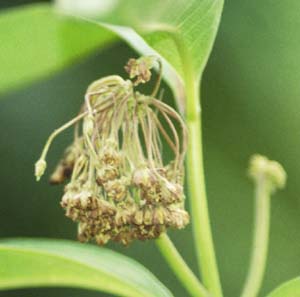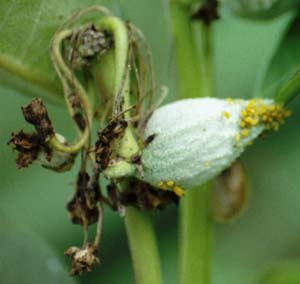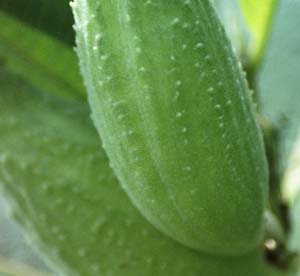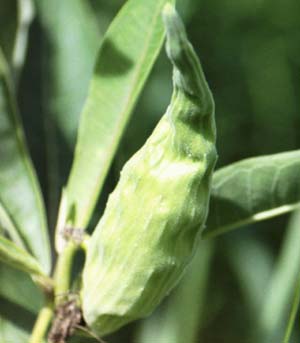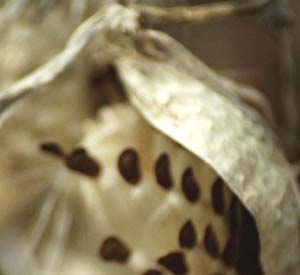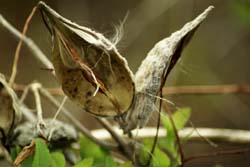What is it called when the heroine shambles about onstage, seemingly oblivious to what the audience knows is a gathering catastrophe ? Dramatic irony ?
My eye was drawn, I suspect, by the tall, graceful leaves. And further drawn by tiny soupcons of color stippling the airy seedhead. I peered more closely and saw the most outrageous, miniature details: little orange nubbins and feathery purple tongues emerging from each tiny seed. I never knew grass capable of such sexy extravagance. I spent months searching for the name of this marvelous plant, to no avail. I came to call it "Beautiful Nameless Grass," even bng, good enough names, I suppose, but not the name.
By the time Ponytail Man had wrecked his havoc with my poor second cervical vertebra, and left me derailed and ensconced for three months in Albert's's sticky stranglehold, it was fall. By the time I returned to the river, with Albert and camera, it was November. But by then I had a mission. I would photograph the BNG, and continue my researches through the long, dark winter.
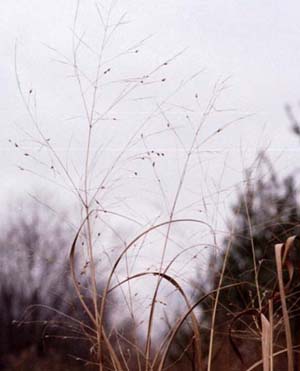
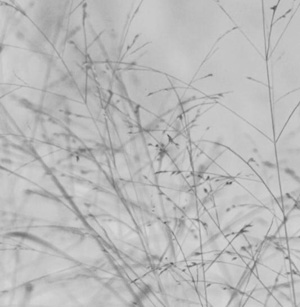
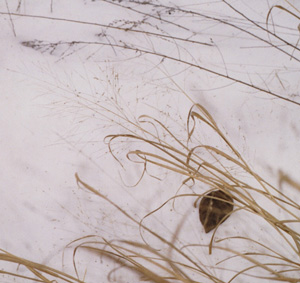
I searched and searched for the name of the beautiful grass. Weeds of the Northeast failed me. The internet led me farther and farther afield, as it often does, into confusing taxonomies and geographic impossibilities.
So I laid in some botanical manuals, and settled in to await the re-emergence of the extravagant seedheads. And this week my patience was rewarded.
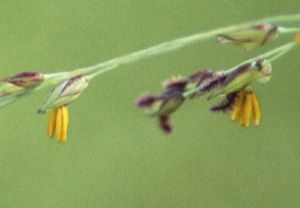
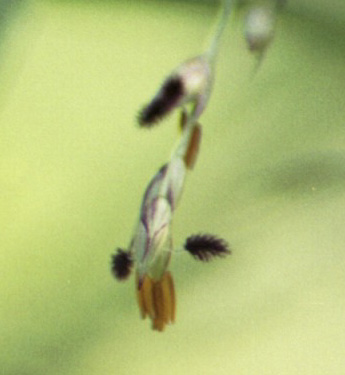
So I retrieved my grass manuals from the dusty floor by the bed and refreshed my high school botany. The yellow pendants are stamens, pollen-producing anther at the end of the slender filament. The purple feathery stigmata radiate from the central style, and connect to the ovary, forming, together, the pistil.
And there it was. Right there on page 25 of Knobel's little field guide.
Panicum Virgatum.
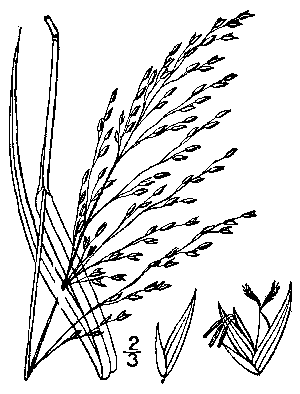
USDA-NRCS PLANTS Database / Britton, N.L., and A. Brown. 1913. Illustrated flora of the northern states and Canada. Vol. 1: 141.
Now it would be most excellent if that meant panicked virgin, given that my patron saint is St Paula the Bearded, the untouched, pious maiden who, pursued by a wastrel through the forest, ducked into a church and prayed that her purity be preserved. God, impressed by her chastity and devotion, took pity on her, and caused a beard to spring from her face. Her would-be rapist, repulsed by the facial hair, fled.
From what fate have my little chin hairs saved me ?
But "panicum virgatum" actually means millet that resembles a whip or switch.
Switchgrass is its common name.
So, then, how is naming knowing ? Kurt riffs on Siona's tongue-in-cheek phrase "nomen est numen," a phrase even Mandelbrot translates as "to name is to know."
I knew switchgrass before I knew its name. But I like knowing its name,malapropped panicked virgin, millet whips and all. Writers tend to like everything about words, from the shapes of their letters on the page, to their sounds, to how they choreograph the tongue and throat and teeth. We like their genealogies, and their faux-genealogies. We like how they behave in the midst of other words, reflecting and refracting, blocking and amplifying. We like the interface between words -- signs -- and their shadowy back-story, the "signified." We like how words strain toward precision, and skitter off into obfuscation. We like their baggage. We even like their lies and their little accidents, their bubble-chamber collisions, their splits and decay. All the arcana and quotidiana.
Nomen est numen ? I retranslate the phrase, and beg to differ. A name is not the numinous spirit of a thing, its divinity.
What do you know, then, when you know something's name ?
Its name. And that's something.
